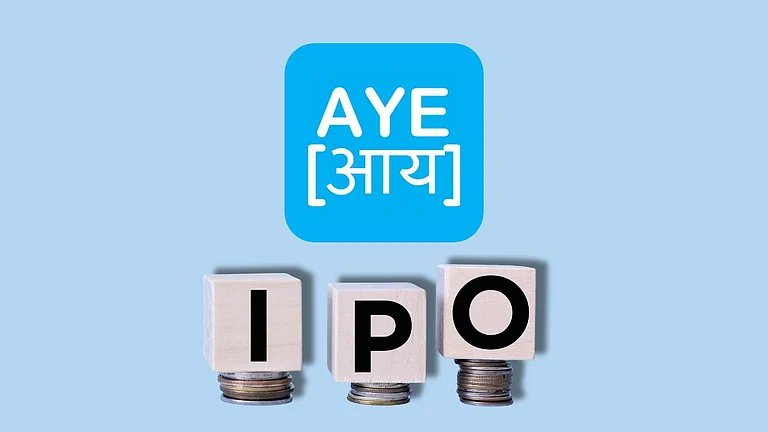Finance Minister Nirmala Sitharaman revealed the Central Government's intention to issue green bonds while presenting the Union Budget 2022. Green bonds will have a sovereign rating, and the proceeds from their sale will be used to fund a variety of public-sector projects that would help India reduce its carbon emissions. Budget 2022, however, included no indication of the interest rate at which these green bonds would be issued.
“Green bonds are debt instruments issued by the government and are used to fund public sector projects relating to the environment/ climate,” Mrin Agarwal, financial educator, and Director, Finsafe India, a financial education firm.
The Need For Green Bonds
Various governments across the world have determined the increasing need for stern measures concerning climate change. Since 2008, G20 summits have seen this topic raised every single time. India, also a part of G20, under the leadership of Prime Minister Narendra Modi, pledged in the COP26 climate meeting that India would achieve net-zero carbon emissions by 2070. To fuel this ambitious plan, India needs huge investments, which has resulted in the issue of green bonds since 2015. As per a Reserve Bank of India report titled “Green Finance in India: Progress and Challenges,” until February 12, 2020, India had an outstanding debt of $16.3 billion in green bonds.
Green bonds forms part of ESG (Environmental Social Governance) investing and since 2012, the Securities and Exchange Board of India (Sebi) has mandated the top 100 listed companies to disclose their business sustainability report to stock exchanges. This business sustainability report outlines many comprehensive ESG related factors like what are the environmental risks that could affect the company’s business, how the policies of the company will affect the society, what are its policies on tackling corruption-related activities, and other factors that can directly or indirectly affect the company’s business.

“ESG investing is long-term investment-based sustainability of the company along with the proportional balance of a few important non-business parameters like environment, social (impact) and governance. This is beyond business capabilities and considerations. In recent years, ESG has been gaining high traction as investors are more concerned about the environment, climate change issues, social responsibility and governance of the management,” says Mitul Shah, head of research at Reliance Securities.
How Are Green Bonds Issued?
As per the same RBI report, several Indian companies have issued green bonds but most of them are listed on India INX, situated in Gandhinagar, Gujarat. The $650 million green bonds issued by SBI in 2018 were listed on INX Gujarat, Luxembourg Stock Exchange and also Singapore Stock Exchange (SGX). Other companies that have issued green bonds include Yes Bank (2015), Rural Electrification Corporation (2017) and Adani Renewable Energy (2019), among others.
Most of the green bonds had a tenure of 5-10 years but companies like Adani Renewable Energy issued them with tenure of more than 10 years. In the same year, ReNew Power issued green bonds for less than 5 years of tenure.
These bonds are meant for high networth individuals (HNIs) and institutional investors that have a mandate and wish to invest in sustainable projects and companies around the world. Retail investors have not yet been permitted to invest in these kinds of green bonds directly but there is ongoing speculation that the RBI Direct Bond buying programme for retail investors, which was unveiled recently, may allow retail investors to conveniently buy these green bonds, as per a report by Moneycontrol.com. However, in terms of portfolio management, green bonds are not for all investors. “Green bonds should be subscribed by individuals or institutions that have a long-term investment horizon and a specific investment mandate to invest in ESG-related financial instruments,” says Deepesh Raghaw, founder, PersonalFinancePlan, a Sebi-Registered Investment Advisor.
Green bonds are part of the broader ESG investing concept, but they are not the only medium for ESG investing. There are several mutual funds and other alternative green funds available to investors for ESG investing.













